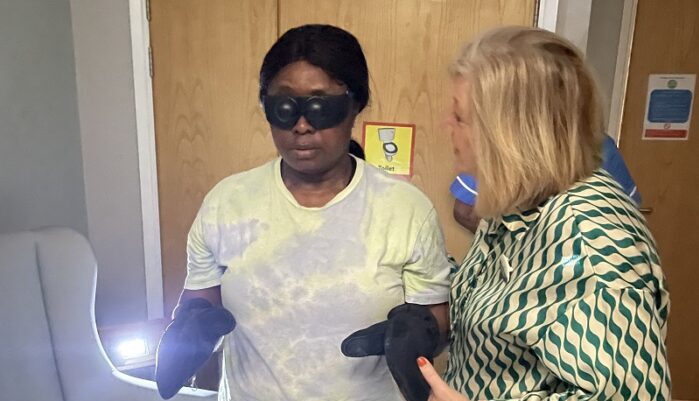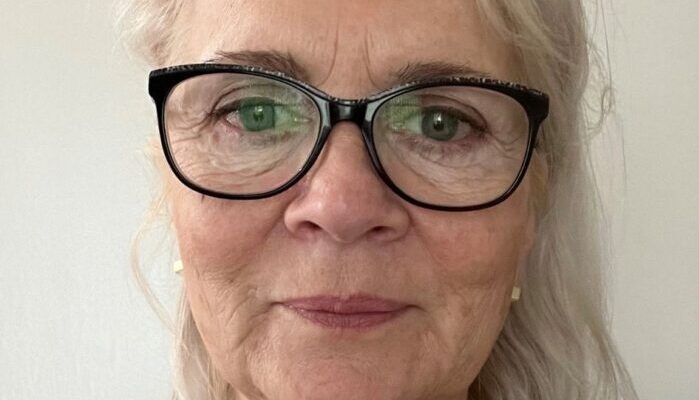Why future proofing dementia care requires partnerships to be built across the social care sector
Michele Saunders, head of dementia at Signature Senior Lifestyle gives her say on the importance of linking up when caring for dementia.

The collective call for action represented by Dementia Action Week (16 –22 May) is in full force, and continues to shine a wholly welcome spotlight on what is a truly heartbreaking condition.
Dementia is one of the leading causes of death and there are estimated to be almost one million people in the UK living with the condition, and 50 million worldwide. This week, Sajid Javid set out the urgency required, outlining areas of focus he intends his department to develop in its 10-year plan to tackle the condition.
Addressing the Alzheimer’s Society’s annual conference this week, the pretext for the health secretary’s plan was the need for thousands of patients “needing change now”. The “seismic shift” required to do so will come by engaging with all those acutely involved in designing, developing and executing programmes of dementia care.
If government, care providers and charities are working in silos on their respective dementia strategies, plans and research areas, it risks diluting any potential impact and gains made to deliver the seismic shift envisaged by Javid. In simple terms, we should all strive to join the dementia dots together.
The social care sector should be central to this process and is an important advocate and connector in policy development and supporting research through sharing their residents’ and relatives’ lived experiences of the condition, along with their own developed strategies. To ensure they are not at cross purposes, we should explore how this approach could be carried out in practice.
Partnership in action
An example of an interconnected approach in action is Signature Senior Lifestyle’s partnership announced this week with Alzheimer’s Research UK, both will work together to raise awareness of dementia and funds to support vital research to find life-changing treatments for dementia.
Signature will join Alzheimer’s Research UK by raising crucial funds to support the charity’s vital dementia research, while Alzheimer’s Research UK will support the implementation of the care home provider’s recently announced My Life Dementia Strategy.
Underlining its whole-home approach, the My Life strategy features a mandatory training programme for team members across all 36 of its care homes. Of Signature Senior Lifestyle’s 2,000 residents in its care homes, 30% are currently being supported living in its dementia communities.
In addition to this training programme, and to further empower Signature colleagues, they will be offered additional Think Brain Health training from Alzheimer’s Research UK, to raise vital understanding of dementia and how improving their own brain health can help reduce their risk of developing the condition.
Through Alzheimer’s Research UK’s own findings, we know that unless we act now, one in three people born today will develop dementia in their lifetime – taking away their ability to walk, talk or recognise the people they love most. This is a truly eyewatering statistic.
Through its own dementia care offering and strategy, Signature recognises how crucial it is to support residents and their loved ones following a dementia diagnosis. By working with Alzheimer’s Research UK, Signature will ensure it is continuing to make a difference to residents living with dementia, each and every day, and will help to save future generations from the heartbreak of dementia by investing in research.
A care sector which is interconnected and engaged with decision makers, other advocates and most importantly, the person living with dementia, is the most effective way of progressing towards that seismic shift needed to bring about change now.



